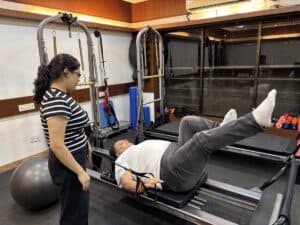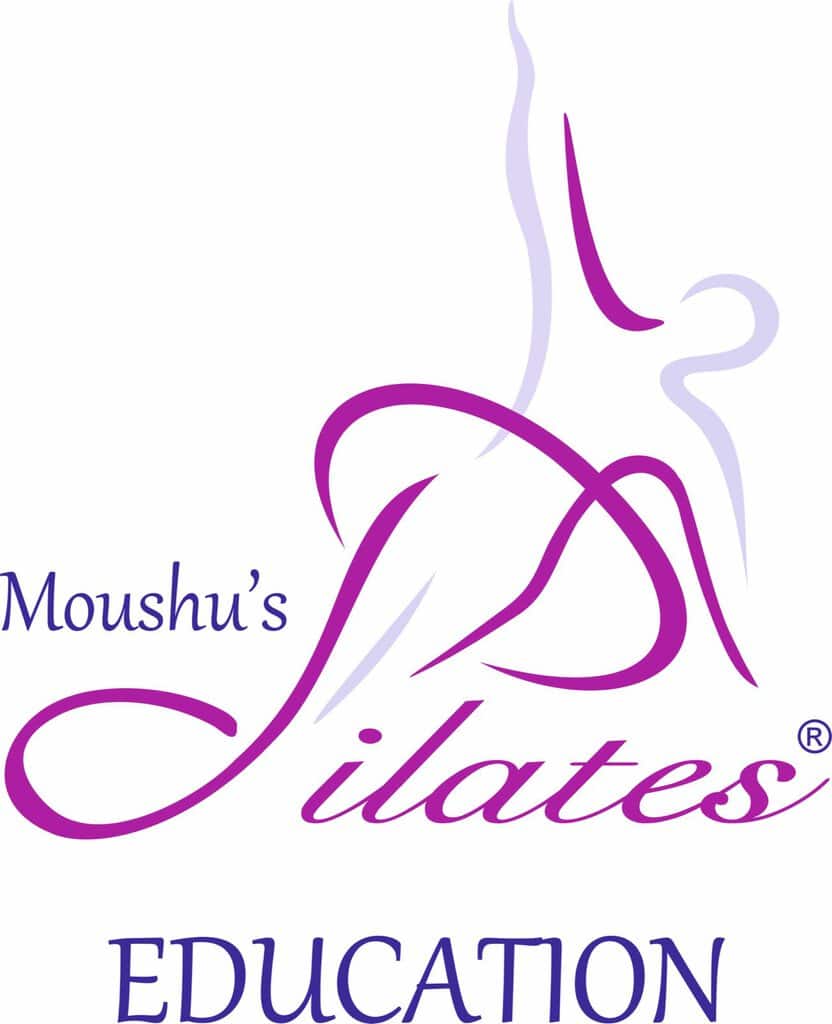The Science Behind Pilates: How It Supports Rehabilitation

In recent years, Pilates has grown from an exercise trend to a staple in physiotherapy clinics and rehabilitation centers worldwide. But why has it gained such credibility among healthcare professionals?
The answer lies within its scientific method.
Whether you’re a beginner, someone in need of rehab/injury prevention or an elite sport’s player. Pilates offers an evidence-based approach that focuses on smaller movement patterns which help the body’s healing process. In this blog, we explore the physiological benefits of Pilates for injury recovery and rehab- as well as how APPI (Australian Physiotherapy & Pilates Institute) has transformed traditional Pilates into a medically robust rehabilitation tool.
What Makes Pilates Effective in Rehabilitation?
1. Neuromuscular Re-education
After an injury, the body’s response mechanism is to develop compensatory movement patterns. Though the compensatory patterns allow you to work around the dysfunction or injury, it causes inefficient movement, increased stress on smaller muscles and can eventually lead to chronic stress/injury. Pilates helps identify those compensatory movement patterns. It retrains the brain and muscles to move accurately once again by emphasising on:
- Precision in movement
- Slow, controlled repetition
- Targeted muscle activation
This is especially beneficial in recovering from spinal injuries, post-surgical rehab, and neurological conditions.
2. Core Stability and Postural Control
Injuries often cause the deep stabilizing muscles to switch off, especially around the spine and pelvis. Pilates is highly effective in reactivating the deeper muscles such as transversus abdominis, multifidus, and pelvic floor— all of which are essential for spinal support and hip stability.
By rebuilding core control, Pilates reduces risk of re-injury and improves biomechanical efficiency in everyday movement.
3. Joint Mobility and Muscle Flexibility
Pilates promotes a variety of stretching techniques such as dynamic or PNF stretching, which helps injured or tight muscles regain their full range of motion without straining healing tissues. Some common injuries where pilates is an effective rehab tool are:
- Frozen shoulder
- ACL rehabilitation
- Tendonitis and muscular imbalances
4. Low-Impact, controlled Loading
Unlike high-impact exercises that are known to stress joints and healing tissues, Pilates uses low-load, controlled resistance exercises that create safe loading patterns. This encourages circulation, tissue repair and progressive strengthening.
How APPI Brings Medical Rigor to Pilates Exercises
The Australian Physiotherapy & Pilates Institute (APPI) has redefined Pilates for clinical use. Unlike generic Pilates training, APPI’s approach is established using physiotherapy principles and research. A few things that sets APPI apart:
1. Evidence-Based Curriculum
Every exercise taught in the APPI repertoire is modified and tested for use in rehabilitation settings. The program bridges the gap between Pilates and physiotherapy, making it ideal for:
- Physiotherapists
- Occupational Therapists
- Rehab-focused fitness professionals
- Fitness Trainers
- Exercise Physiologists
2. Layered Exercise System
APPI offers a step-by-step layering model that matches the client’s ability and fitness capacity. This ensures safety and personalized progressions for a wide range of clients ranging from rehab clients to elite athletes. From acute recovery to return-to-sport, each layer has clear goals. Moreover, every instructor is encouraged to track progressions using a learned movement assessment system.
3. Trusted by Health Professionals
Globally, APPI-trained professionals work across hospitals, private clinics and sports rehab centers. In India, Moushu’s Pilates has been at the forefront of APPI education—training hundreds of rehab professionals to deliver Pilates safely and effectively.
Real Benefits, Real People
“After my ACL surgery, Pilates helped me reconnect with my muscles and regain confidence in movement. I felt stronger—not just physically but mentally too!”
– Siddhant Mashruwala, Client testimonial from Moushu’s Pilates
Whether you’re recovering from a minor sprain or major surgery, Pilates—when taught the right way—can accelerate recovery, prevent further injury, and rebuild functional movement from the inside out.

Ready to Add Pilates to Your Rehab Toolbox?
Are you a physiotherapist, health professional, or movement enthusiast wanting to integrate safe, effective Pilates into your practice?
Explore APPI-certified training courses offered at Moushu’s Pilates and learn how you can use Pilates as a science-backed tool for rehabilitation.
Transform lives with movement that heals. Start your APPI journey today!


